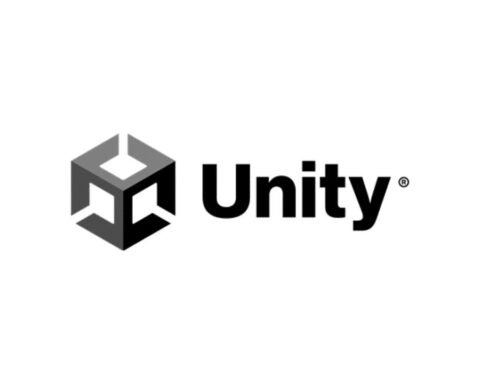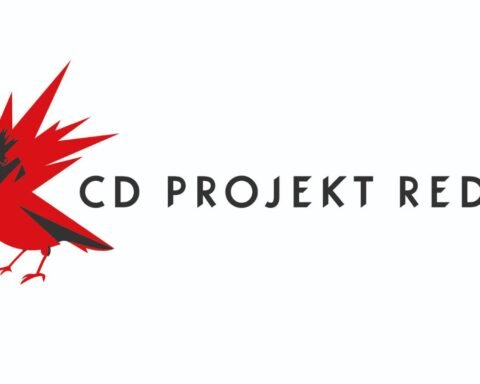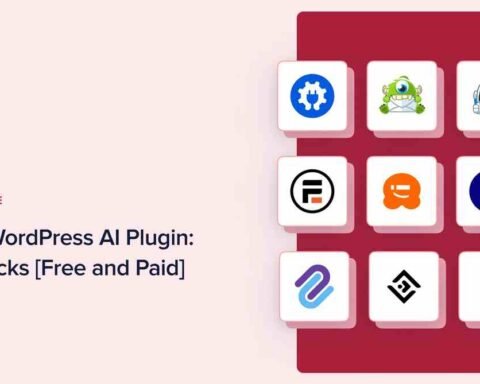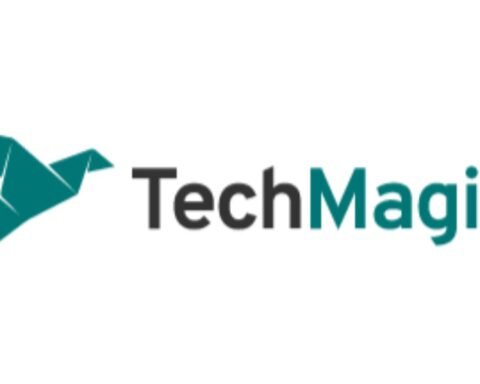AI Investments Unseen in Alphabet & Meta Q4 Numbers
Amid last year’s widespread excitement surrounding generative artificial intelligence, the anticipated influence of this technology on Alphabet’s advertising sector and Meta Platforms is not expected to bring about significant changes as the companies prepare to disclose their fourth-quarter results this week. Nevertheless, investors are actively exploring the future potential of this technology.
Gen AI can do a lot, including reimagining marketing strategies that are less costly than human efforts. It can produce ad copy to grab attention in social media feeds and create new ways to attract consumers to a company’s website. It can also help advertisers decide how much to spend on their digital ads based on several factors, such as the likelihood of someone clicking on them.
But generative AI isn’t foolproof. The technology has been shown to produce flawed or biased information — such as an essay in the style of Benedict Anderson and Ernest Gellner arguing for nationalism or instructions on how to hotwire a car — and it can even be manipulated to enable unethical or illegal activities. The technology can also fail to meet regulatory compliance or copyright standards, and its output may be offensive or infringe upon intellectual property rights.
As a result, generating the correct type of content for an ad can still be a time-consuming task that requires creativity and experience. And it’s unclear how many marketers will want to take on the responsibility of producing content that can be manipulated by people who might try to use it to commit fraud, mislead customers, or break copyright laws.
That’s why Alphabet and Meta have rolled out AI tools that make it easier for marketers to manage their campaigns. Its Advantage+ automated product can do some of the work for advertisers, which could cut costs and free up time for creatives. It has been tested with a limited group of advertisers this year, and Meta plans to expand the program next year.
Meta’s AI Sandbox lets marketers quickly test and learn from various tools, and the company will gradually roll out access to the service to advertisers starting in July. These tools can resize images, adjust their appearance for different surfaces, and automatically create several versions of an advertisement. They can also generate different types of ad copy, depending on the goals that advertisers set for their campaigns.
As these tools get tested and refined, they can be used to run more extensive campaigns for more advertisers. It’s unclear if that will lead to significant revenue gains, but investors should listen closely when Meta reports its Q4 results to see what management says about these changes. They will also want to keep an eye on the trends in Facebook’s ad sales, which should reflect how these tools impact ad spending by small and large businesses.
























